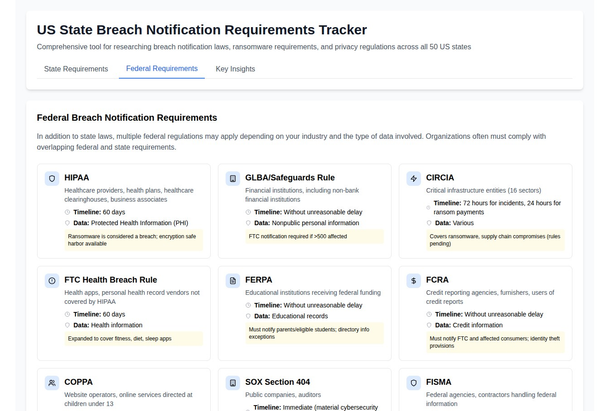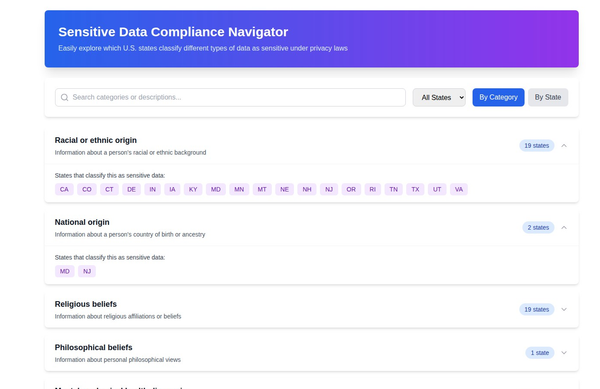New Cybersecurity Mandates for Medical Devices: What You Need to Know

Introduction
The U.S. Food and Drug Administration (FDA) is taking a significant step to enhance cybersecurity in healthcare. Starting October 1, 2023, new cybersecurity mandates for medical devices will come into effect. These mandates are part of the Refuse to Accept Policy for Cyber Devices and Related Systems, which aims to ensure that medical devices sold in the U.S. meet stringent cybersecurity standards. This article will delve into the details of these new requirements and their implications for healthcare manufacturers and Chief Information Security Officers (CISOs).
Key Requirements
Healthcare manufacturers seeking FDA approval for new medical devices must meet several criteria:
- Reasonable Assurance of Security: Manufacturers must provide "reasonable assurance" that the device is secure, including plans for regular updates and patches.
- Software Bill of Materials (SBOM): An SBOM listing all commercial, open-source, and off-the-shelf software components used in the device must be submitted.
- Ongoing Cybersecurity Monitoring: A comprehensive plan for monitoring, identifying, and addressing potential cybersecurity issues even after FDA approval is required.
Note: These rules apply only to devices that can connect to the internet, include software, and are vulnerable to cybersecurity threats.
Why Now?
The urgency for these mandates is clear. In 2022, over 50% of hospital internet-connected medical devices had cybersecurity vulnerabilities. Furthermore, nearly 89% of healthcare institutions experienced at least one cyber-attack between 2021 and 2022. The new mandates aim to reduce these alarming statistics and improve overall healthcare cybersecurity.
Implications for CISOs
For hospital CISOs, these new requirements are a game-changer. They will need to work closely with healthcare manufacturers to ensure that all medical devices comply with the new standards. This collaboration is crucial for improving device security and, by extension, patient safety.
Global Impact
While these mandates are U.S.-specific, they could set a precedent for other countries. The hope is that similar legal requirements will be adopted globally, enhancing cybersecurity measures in healthcare systems worldwide.
Conclusion
The new FDA mandates for medical devices mark a significant shift in healthcare cybersecurity. With the grace period ending on October 1, 2023, healthcare manufacturers and CISOs must act quickly to comply with these new standards. As cyber threats continue to evolve, these mandates serve as a proactive measure to safeguard both medical devices and patient data.
References
By implementing these mandates, the U.S. is taking a crucial step towards improving healthcare cybersecurity. It remains to be seen how these changes will influence global healthcare cybersecurity standards, but the hope is high for a more secure future.
This article aims to provide a comprehensive overview of the new cybersecurity mandates for medical devices in the U.S. For healthcare manufacturers and CISOs, understanding these new requirements is crucial for compliance and, ultimately, for ensuring patient safety.





